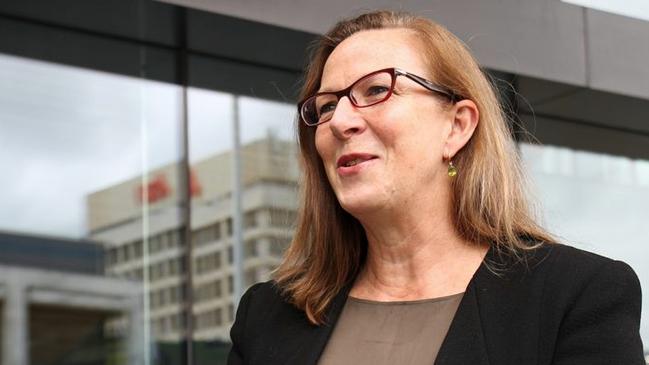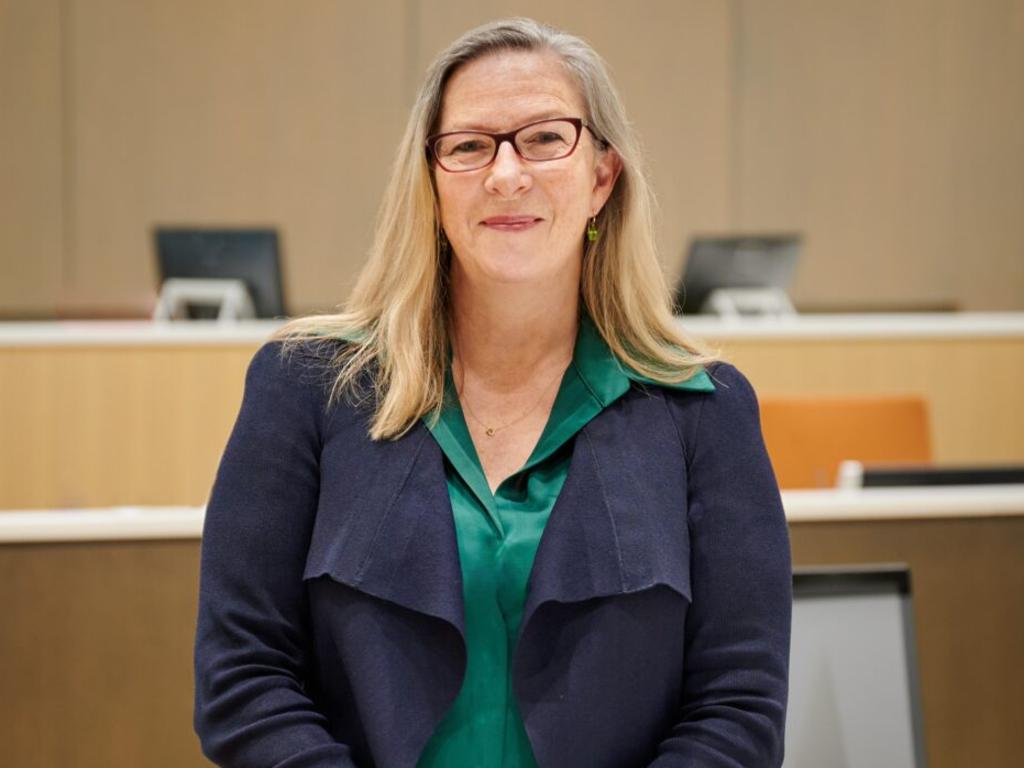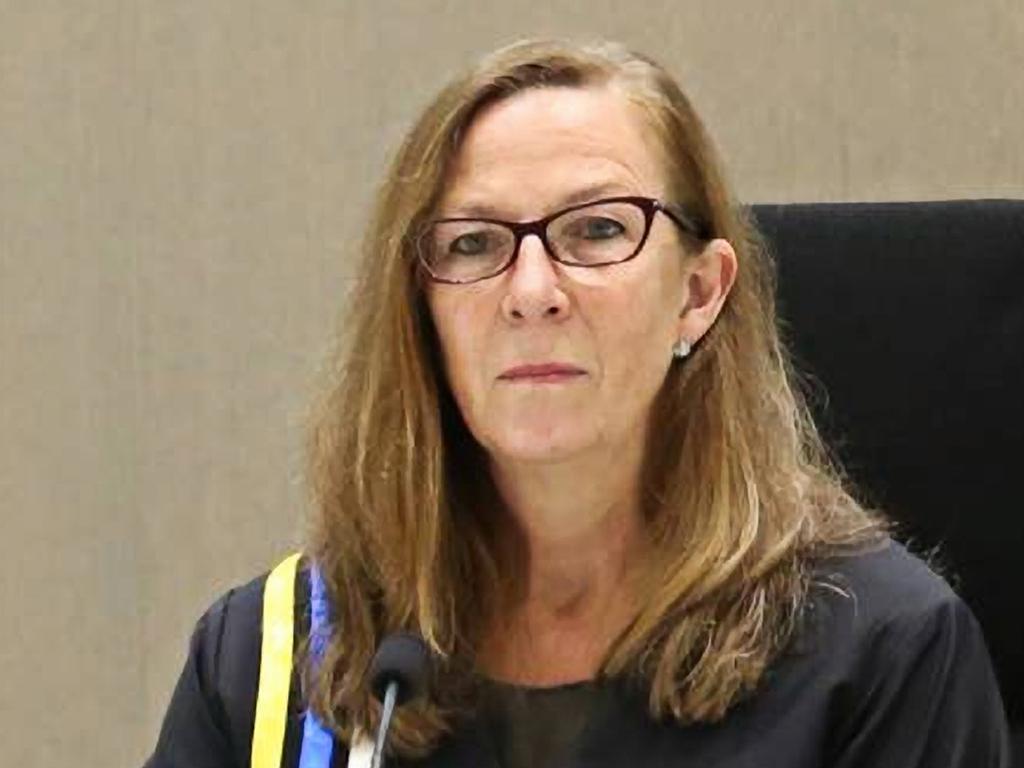ACT barristers rebel against chief justice Lucy McCallum over rape comments
Canberra’s peak barristers body says Lucy McCallum’s claims she does not understand why jurors ‘find it so hard to believe’ rape allegations may lead people to believe juries are ‘getting it wrong’ on sexual assault.

The peak ACT barristers body has revolted against its own chief justice over claims she does not understand why jurors “find it so hard to believe” rape allegations, saying the comments may lead people to believe juries are “getting it wrong” in sexual assault cases.
In a strong statement issued on Tuesday afternoon, ACT Bar Association president Brodie Buckland said Chief Justice Lucy McCallum’s theories on whether culture wars or “traumatic” evidence might be swaying juries away from believing a complainant “ought to be rejected”.
“Juries are the ultimate arbiters of fact,” Mr Buckland said.
“Twelve members of the community, brought together to consider the evidence as presented to them, applying their common sense and life experience, make the decision of guilt or innocence. They are foundational to the common law criminal justice system and their decisions must not be gainsaid.”
Mr Buckland’s intervention comes after Chief Justice McCallum made what she described as “controversial” statements in an address to the Jury Research and Practice Conference last Friday.
She said that, while she had only once experienced a jury trial where she thought the result was not right, she had “a feeling of unease about what juries make of allegations, particularly allegations of sexual assault”.
“Is it the impact of culture wars in the states? Four years ago I barely understood what the expression meant; I am now well immersed and well versed in what culture wars mean,” she said.
“Is it a sense of a jury doing what (former High Court judge Dyson) Heydon was referring to, of bringing their own view of what is morally fair, but in a very different social context? I think sometimes jurors are finding the evidence in sexual assault trials extremely traumatic.”
Mr Buckland said the notion that juries came to the wrong result was flawed “and must be rejected”. “The ACT Bar Association is concerned that there may be a perception, based upon recent comments attributed to the ACT Chief Justice … that juries in sexual assault trials are getting it wrong because they do not believe the allegations made by complainants,” he said.
“The ACT Bar Association was not present when the comments were made by the Chief Justice and cannot comment on what was actually said or the context in which it was said. However, the Bar Association is concerned that there may be a perception that parts of the judiciary consider that culture wars or the graphic nature of allegations are seen to be swaying juries such that they are not believing the allegations. Such perceptions do not serve the interest of justice, and ought be rejected.”
Mr Buckland said the existence of a jury helped to ensure the independence and quality of judges. “Allegations are just that: allegations. If jurors do not accept allegations beyond reasonable doubt, for whatever reason, then they remain allegations, and the accused is acquitted,” he said.
“Hypothesising as to why complainants may not be believed by juries does not advance the criminal justice system. The common sense and diligence of jurors must be respected and be seen to be respected in order to preserve the integrity of the jury system.”





